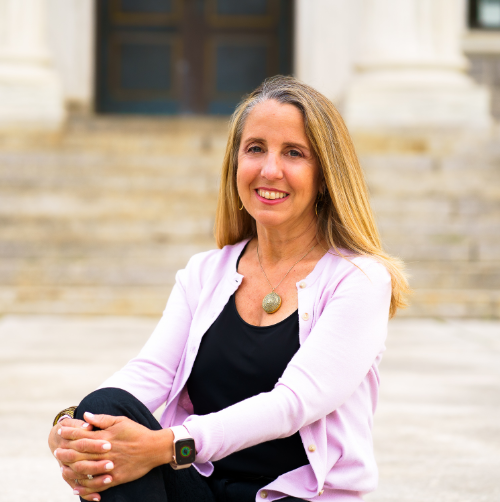A Few Choice Words

According to the Merriam Webster dictionary, choice is the act or power of choosing; and suggests the opportunity or privilege of choosing freely. Choice is the power to decide.
Choice is also a privilege, and we must use it wisely and consider the principles, rules and guardrails that guide and direct us in our personal lives, with our families and friends, in our work lives, and in our communities. We must be informed about our choices, be accountable and take them carefully. Our choices reflect who we are - including how and with whom we spend time, who we work for and work with, who and what we patronize, what causes we support, and for whom we lobby and vote. As Ethics and Compliance professionals, we can influence people's choices in the workplace, but we do not take this responsibility lightly. Yet, before getting to that, I wanted to share some real-life examples about the power of choice.
I recently bought concert tickets, and as it turned out, the performer supports an organization whose mission I find objectionable, and he was scheduled to perform at its convention. Knowing this, I still chose to attend the concert anyway, but it got me thinking about choice. He has the choice to support his causes, and I had the choice not to support him. This is not cancel-culture, this is the exercise of choice.
Memorial Day is a day in the U.S. for remembrance of those who have died in service to our country. But on that day, a store owner chose to fly a flag on his storefront on the main path of those attending the memorial service that represented a very unpopular view. Some pointed out that there is no constitutional prohibition against flying any kind of flag and individuals have the First Amendment right to express themselves. However, having a choice doesn't mean that the actor is insulated from a response. As the former mayor said, “He has a right to freedom of speech, and people have the right not to shop there.”
The pandemic led to discussion about choice as well. At the height of the pandemic and with the skyrocketing death rates, masks became mandatory, and places of business required employees and patrons to get vaccinated. These mandates were put in place to save lives on a very big scale. Some argued that mandatory masks and vaccinations took away their free choice. Nonetheless, people still had the choice to not wear masks, to not get vaccinated, and to find viable alternatives that accommodated their choice, but they also had to bear the consequences. Employers had the right to let go employees who didn't comply with their policies, including the workplace safety protocols. So, for some, their choice meant losing their job, freedom to travel, and maybe even their social circles. But that was their choice, and they made it freely.
The U.S. Supreme Court ruled on Roe v. Wade in 1973, establishing that women have a right to get an abortion before a fetus could survive outside of its mother's womb. After this time, states could choose to restrict abortion - as long as there were exceptions to preserve the life or health of a pregnant woman. If Roe v. Wade is overturned, legislators at the state and local levels will have substantial power to limit abortion rights. What's at stake is choice - a woman's choice to decide what is best for her body, her health, her family, and her future. Taking away this choice has implications not only for these women and their partners, but also for our workforce, our communities, our economy, and our nation.
Ethics & Compliance professionals work hard to protect the company. They are guided by a moral compass and build teams that role model and promote the importance of speaking up for what's right. E&C professionals lay the groundwork - the rules of the road - for ethical behavior with policies and procedures, training and communications, tools, and controls. They partner with others to create a culture of compliance through tone at the top, communications, and measures to assess and mitigate risk. They empower employees to be company advocates and to hold the business accountable when necessary. E&C professionals also hope that what they've done will be sufficient to prepare employees for the moment which will lead to good decision-making, to an ethical choice. The saying goes, “you can lead a horse to water, but you can't make it drink,” and this is true in the E&C world as well. When an employee is at the cross-roads of a decision, it is ultimately their choice on how to act. There is great power in choice, and if we've done our jobs well, that choice will be made for good.
Choice allows us to fight for what we think is right for ourselves and others, to use our voice to express it, to join and be affiliated with organizations that share our values and that have a mission we can get behind, and to use our feet when we chose otherwise. There are rules of the road to live by and to function as a responsible, law-abiding citizen in society, but every person should be able to choose - to have the power to decide - within the confines of these rules. Choice must be protected.
What is one piece of advice you would give to your younger self?
Don't be afraid to seek out mentors, coaches, and promoters to guide your career!
If you had to choose an alternative career, what would you be doing now?
I would be a foreign diplomat, an FBI agent, or a novelist.
At the end of your career, if you were to sit and reflect, what one hope do you have?
That companies are more authentic in their mission to make the communities in which they operate better.
